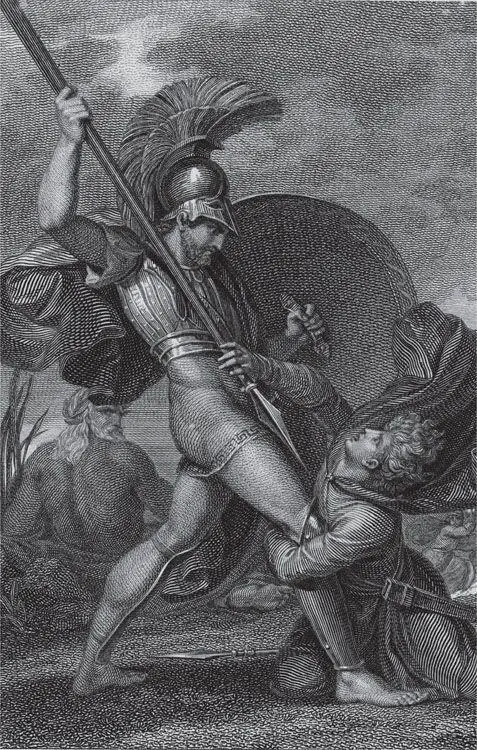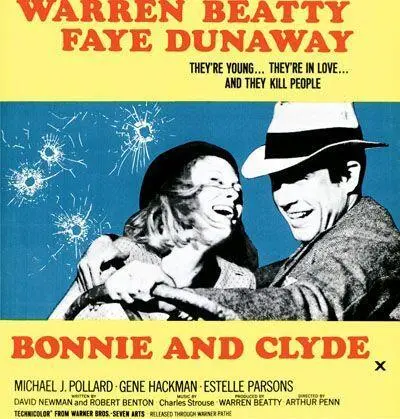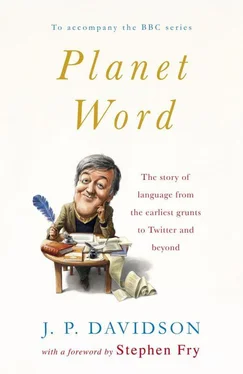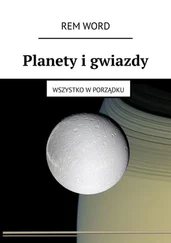Scholarship over the next couple of centuries challenged this traditional view and located the poems in a pre-literate culture, with an oral composition and transmission span of generations, until they were finally written down, probably in the eighth century BC. Academics argued that Homer was, in fact, one of a long line of oral poets and that the style of oral compositions is very different from written ones. They analysed the texts and identified the repeated use of descriptive phrases — what we call Homeric epithets — like ‘divine Odysseus’, the ‘wine-dark sea’, ‘grey-eyed Athena’, ‘rosy-fingered Dawn’, and even whole repeated lines and standard set-pieces of description. They argued that these formed a vast repository of word-groups, a sort of poetic diction, which the oral poet would draw on. He would hear them and learn others from other poets, and during the live performance of his poem, which could go on for hours, he could use them when he improvised. He could draw on words and phrases which would fit the metre and rhyme, signpost the characters for the listeners, give shape and pace to the whole. The argument continued that this kind of poetic diction could only be the cumulative creation of many generations of oral poets over centuries, and was so complex that it couldn’t have been the work of a single poet.
No one today would claim that one man called Homer sat down and wrote the Illiad and the Odyssey at one sitting. But we can say that one man probably perfected what generations worked at, a magnificent poet who, perhaps over a lifetime, gathered the treasures and resources of an ancient traditional art, shaped and polished old stories, and created something vivid and new — these powerful dramas about the tragedy of Achilles and the desperate wanderings of Odysseus, which have stood the test of time and fired the imagination of succeeding generations. Whether this poet was called Homer or not doesn’t really matter. Because, whatever the origins and authorship of these epics, it’s their supreme storytelling verve, their poetry and the imaginative power driving them which still speaks to us.
Here’s another example, from the opening of the Illiad , in a modern, vernacular translation by the American scholar Stanley Lombardo:
Sing, Goddess, Achilles’ rage,
Black and murderous, that cost the Greeks
Incalculable pain, pitched countless souls
Of heroes into Hades’ dark,
And left their bodies to rot as feasts
For dogs and birds, as Zeus’ will was done.
It’s rousing stuff, with the immediate promise of action and terrible deeds, and that ringing phrase which instantly turns the spotlight on the brooding, proud figure at the centre of the drama — Achilles and his ‘black and murderous’ rage.
Stanley Lombardo is so passionate about the poetry and the music of the Illiad and the Odyssey that he travels around performing them to live audiences, just as the bards did millennia ago. Armed only with a drum, which he beats at strategic points in the action, he recites sections from the poems. ‘You experience the poetry of Homer in a different way,’ he says. He thinks that Homer came to this level of composition through performance.

The Illiad is full of passionate, rousing language

Bonnie and Clyde , a modern tragedy
What makes a good story? Compulsive characters, scintillating dialogue, wonderful writing — certainly — but for most of us, the plotline is the vital ingredient in a story, the roadmap, as it were, for characters.
Most writers will tell you that there are only so many storylines to be told. Some have even tried to put a number on it. Rudyard Kipling is thought to have had a list with sixty-nine basic plots; others have argued for thirty-six, twenty and — in the case of Professor William Foster-Harris — three. He suggested happy ending, unhappy ending and the ‘literary’ plot, ‘in which the whole plot is done backwards and the story winds up in futility and unhappiness’. Ronald Tobias argues that all plots can be boiled down to two — ‘plots of the body’ and ‘plots of the mind’. Some have even managed to squeeze all the stories in the world into one plotline: exposition — rising action — climax — falling action — denouement.
The most useful list — certainly the best fun at dinner parties — is probably that of journalist Christopher Booker, who proposes that all narratives in the world are variations of a basic seven plots. Here they are, along with some story suggestions to get the conversations going:
Overcoming the Monster : the hero confronts and defeats a life-threatening monster or evil force. The hero returns home victorious. Beowulf , ‘Jack and the Beanstalk’ and Dracula would fit into this category, along with all the James Bond films, High Noon, Jaws and Alien .
Rags to Riches : a commonplace character, often in wretched circumstances, achieves wealth, status, beauty, happiness. ‘Cinderella’, ‘The Ugly Duckling’, ‘Aladdin’ (and a host of other fairy tales) have common links with Jane Eyre, David Copperfield and Charlie and the Chocolate Factory.
The Quest : the hero sets out on a hazardous journey to reach his goal, confronting dangers and temptations along the way. The Odyssey, Pilgrim’s Progress, Don Quixote, Lord of the Rings, Raiders of the Lost Ark and Watership Down ( yes, rabbits can be heroic).
Voyage and Return : the hero leaves home to explore another, often magical, world and, after a dramatic escape, returns to the familiar world. The Chronicles of Narnia, Alice in Wonderland , ‘Goldilocks and the Three Bears’, ‘The Rime of the Ancient Mariner’, ‘Sleeping Beauty’, The Wizard of Oz and Gulliver’s Travels. Many of the Quest stories fit this bill as well.
Rebirth : the hero is overcome by dark forces and then redeemed, often by the power of love. ‘Snow White’, Silas Marner, It’s a Wonderful Life, A Christmas Carol, Star Wars, The Grinch .
Comedy : a chaos of misunderstanding which eventually resolves itself into a happy ending. Everything from Oscar Wilde plays and Jane Austen novels to Feydeau farces and most of Shakespeare’s comedies.
Tragedy : a flawed character spirals down into evil and inevitable death or disaster. From Macbeth and King Lear to Bonnie and Clyde and Madame Bovary.
There are other genres, of course — mystery, romance, sci-fi — but most of the stories will fit into the framework of one of these seven basic plots.
Why is it that some books have us staying up all night to finish them and others stay unread after the first few pages? What is it about one story which has us quivering for more and another which has us wriggling with boredom? The secret of what makes a good story is the Holy Grail of writers, publishers and movie and TV executives. Get it right, and you’ve got a chart-topping book or film on your hands. Get it wrong, and you’ve got a flop. Nowhere is the secret of a good story more hungrily sought than in the movie business, where hundreds of millions of pounds are made or lost at the box office.
Читать дальше














